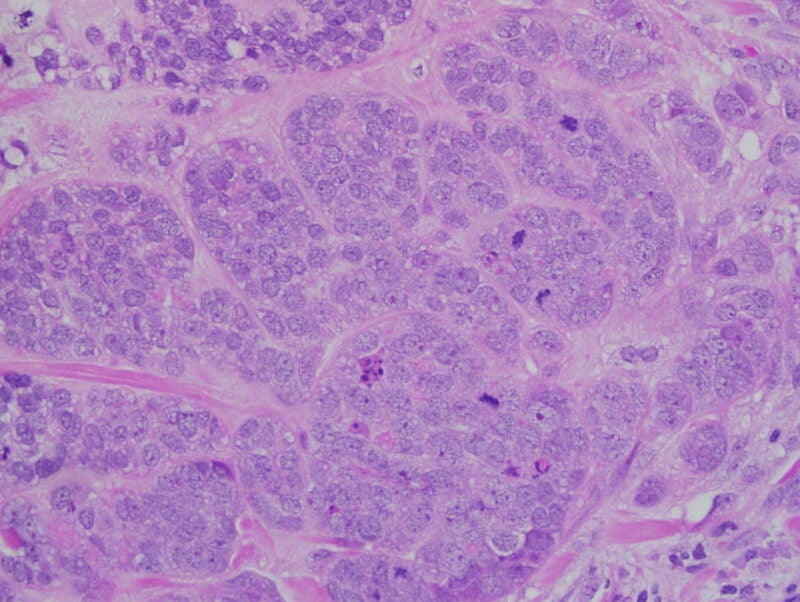
Dizal has reported positive safety and pharmacokinetic findings from the Phase I clinical trial of DZD1516 in HER2 positive metastatic breast cancer (HER2+ MBC) patients who relapsed, following multiple previous therapies.
The global trial enrolled HER2+ MBC patients who have relapsed from, or were not tolerant to, the standard of care (SoC).

Discover B2B Marketing That Performs
Combine business intelligence and editorial excellence to reach engaged professionals across 36 leading media platforms.
Assessing the safety of DZD1516 and detecting the maximum tolerated dose (MTD) was the trial’s primary goal.
By 20 February this year, DZD1516 was analysed in 22 subjects with HER2+ MBC in the US and China, of which approximately 70% had CNS metastases at baseline.
According to the latest findings, DZD1516 was found to be well tolerated at doses ≤250mg, and in line with its greater selectivity.
In the trial, no wild-type, EGFR-related adverse events (AEs) were seen.

US Tariffs are shifting - will you react or anticipate?
Don’t let policy changes catch you off guard. Stay proactive with real-time data and expert analysis.
By GlobalDataA 250mg dose of DZD1516 was therefore selected as the MTD.
In trial subjects, mean Kpuu, CSF was found to be 2.1 for DZD1516 across various dose ranges, showing complete penetration of the therapy through the human blood-brain barrier (BBB).
In the trial, 18 subjects concluded ≥1 post-treatment RECIST analysis.
The best antitumor efficacy in intracranial, extracranial, and complete lesions was stable disease with a median of seven previous lines of systemic therapy.
DZD1516 is an oral, reversible, selective and complete BBB-penetrant HER2 tyrosine kinase inhibitor (TKI).
As against wild-type EGFR, it is said to have over 300-fold selectivity for HER2.
Nearly 60% of advanced HER2-positive breast cancer patients develop brain metastasis, with a poor prognosis.
Dizal CEO Dr Xiaolin Zhang said: “Patients with HER2 positive breast cancer and brain metastasis have poor outcomes due to the limited therapies.
“Based on these promising findings, we will further explore the potential of DZD1516 as a new treatment option for this underserved patient population.”





